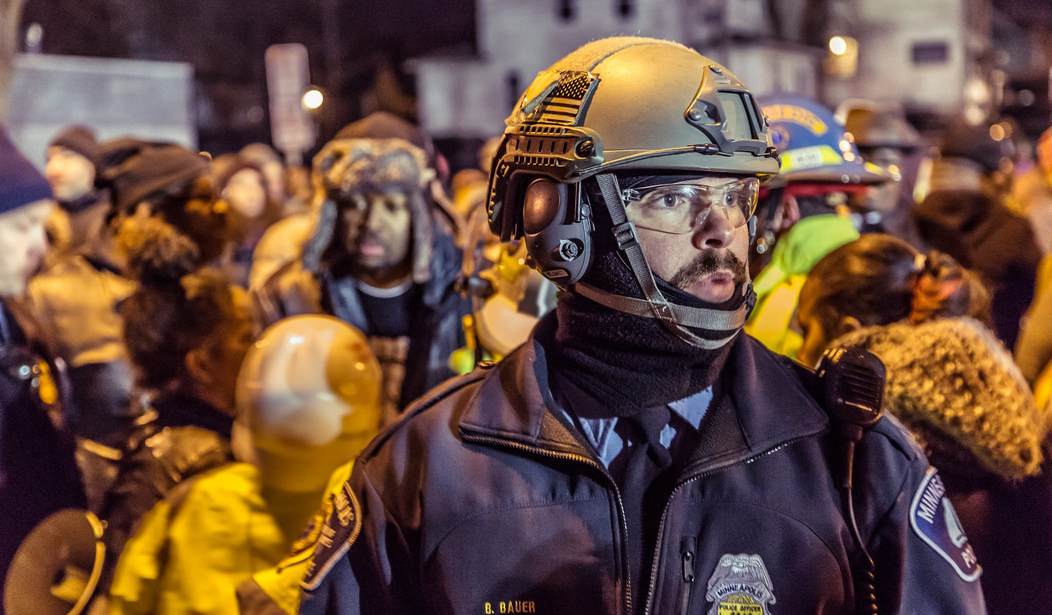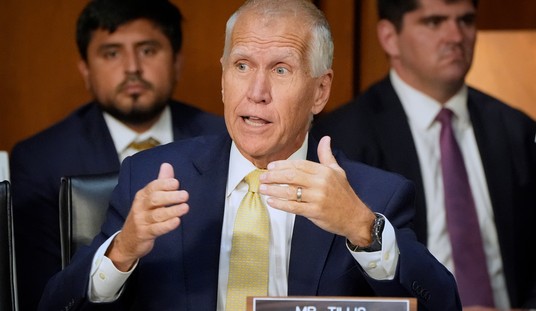Responding to the ongoing national discussion regarding the intersection of race and criminal justice, Minnesota Governor Mark Dayton has commissioned a council to explore potential changes in policy. From the Minneapolis Star Tribune:
[Formation of the council is] a move that comes after two fatal police shootings of unarmed black men in Minnesota over the last year and mounting criticism of law enforcement across the country.
The commission is made up of law enforcement officials and a diverse range of community groups, two sides that have recently clashed over the role of police and use of force by law enforcement. The governor is asking the groups to craft solutions to improve policing that can be implemented statewide.
…
In his executive order, Dayton asked the council to take a broad look at policing practice and the criminal justice system, including sentencing reform and prosecutor discretion. The panel will include faith leaders and one representative from Black Lives Matter.
Certain police chiefs have spoken in favor of the development. Not everyone is satisfied, however.
Anthony Newby, executive director of the [Black Lives Matter affiliated] Minneapolis nonprofit Neighborhoods Organizing for Change, expressed concerns that the council appears weighted too heavily in favor of law enforcement.
“We’re supportive of the governor’s initiative to tackle a deep and sophisticated problem,” Newby said. “More can be done to tip that balance in favor of broader community-based solutions to the problem.”
He added: “Asking the police to police themselves is not a recipe for big, bold systemic change.”
That last point, that the police should not police themselves, deserves exploration. It’s a sentiment which gets tossed around haphazardly, often without challenge.
True, police should not police themselves. Of course, they don’t, and they never have. The police have always stood accountable to the law, to their department policy, and to the communities which they serve. Indeed, they proceed under greater scrutiny, and are held to a higher standard, than any other citizen. If police were truly policing themselves, then you wouldn’t have governors and the president of the United States appointing commissions to examine criminal justice practices. The police would just do as they please, and that would be that.
This isn’t a trivial rhetorical point. It’s critical. It’s pivotal. It’s the central concern. We cannot proceed to examine criminal justice policies or law enforcement practices in a constructive fashion unless we begin from the premise that they are our criminal justice policies and our law enforcement practices. It can’t be us [the community] versus them [the cops.] They are part of our community. We’re on the same side.
Of course, that’s not the Black Lives Matter narrative. They and their affiliated organizations seek to drive a wedge between police and the broader community, and are less interested in reform than revolution. “Community-based solutions” is code language for effective anarchy. That’s not a basis upon which civilized progress can be made, which raises the question why an organization that intentionally breaks the law would be included in this conversation.









Join the conversation as a VIP Member